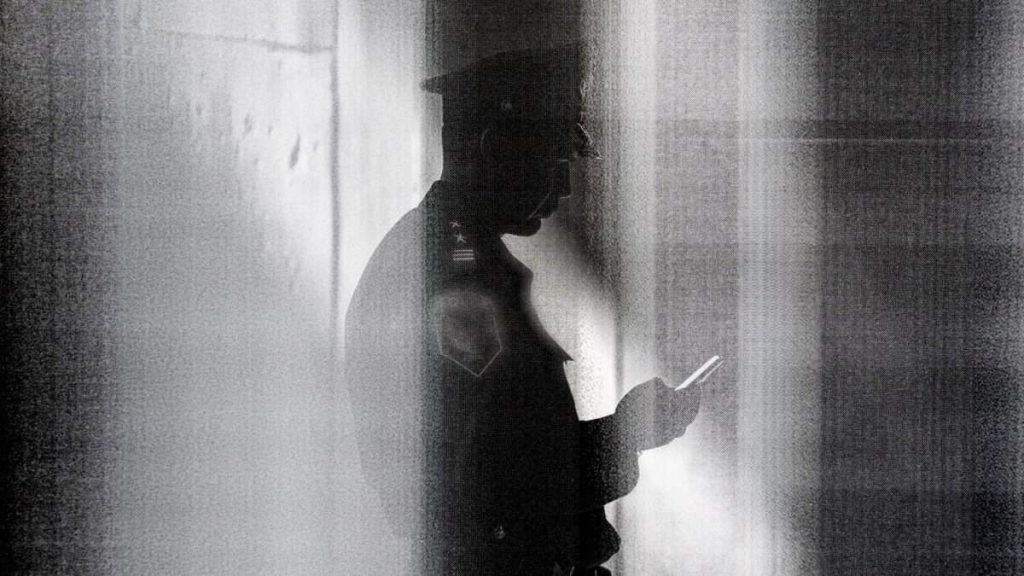A former Florissant, Missouri police officer is facing accusations that he pulled over a woman during traffic stops and stole nude photos off her cell phone—and allegedly committed similar offenses against at least seven other women.
A lawsuit filed this week by one of the women alleges that Julian Alcala, then an officer with the Florissant Police Department pulled over a woman—identified only as “G.E.S.”—for a broken taillight on two separate occasions earlier this year. During these stops, Alcala asked for G.E.S.’s proof of insurance. When she told him it was on her cell phone, he took her phone back to his car, where he searched her phone for nude photos. When he found them, he took photos of them with his own cell phone and later distributed these photos to others.
The lawsuit states that there are at least seven other victims of similar thefts of intimate photos. While Alcala is no longer employed with the Florissant Police Department according to local news station KOMU, it is unclear whether he resigned or was fired.
G.E.S.’s lawsuit argues that Alcala obviously and grossly violated her constitutional rights to privacy.
“The right to privacy is embodied in the Fourteenth Amendment and includes an individual’s interest in avoiding disclosures of personal matters. The obtaining of G.E.S.’s pictures and the dissemination of those pictures was either a shocking degradation and/or an egregious humiliation of her to further some specific state interest, and/or a flagrant breach of a pledge of confidentiality which was instrumental in obtaining the personal information.”
The suit adds that, while G.E.S. gave Alcala her phone, she still “had a legitimate expectation that the information would remain confidential while in Alcala’s possession.”
However, the lawsuit will have to surmount stringent qualified immunity protections that shield officers from civil liability, even in cases of egregious misconduct—such as Alcala’s alleged actions.
“The right to be free of an unreasonable search of unclothed photos on a cell phone by government actors, for no legitimate government purpose…is so egregious that any reasonable officer would have realized that searching Plaintiff’s phone for photos of herself unclothed would offend the Constitution,” the suit reads. “So no prior case with the same fact pattern is required to meet the clearly established prong of the qualified immunity analysis.”
Unfortunately, this isn’t the first time that a police officer has stolen intimate photos off women’s phones. In 2014, a group of California police officers came under investigation for engaging in a “game” of stealing nude photos from arrested women’s phones.
The post A Missouri Cop Stole a Woman’s Nude Photos During a Traffic Stop, Lawsuit Claims appeared first on Reason.com.






